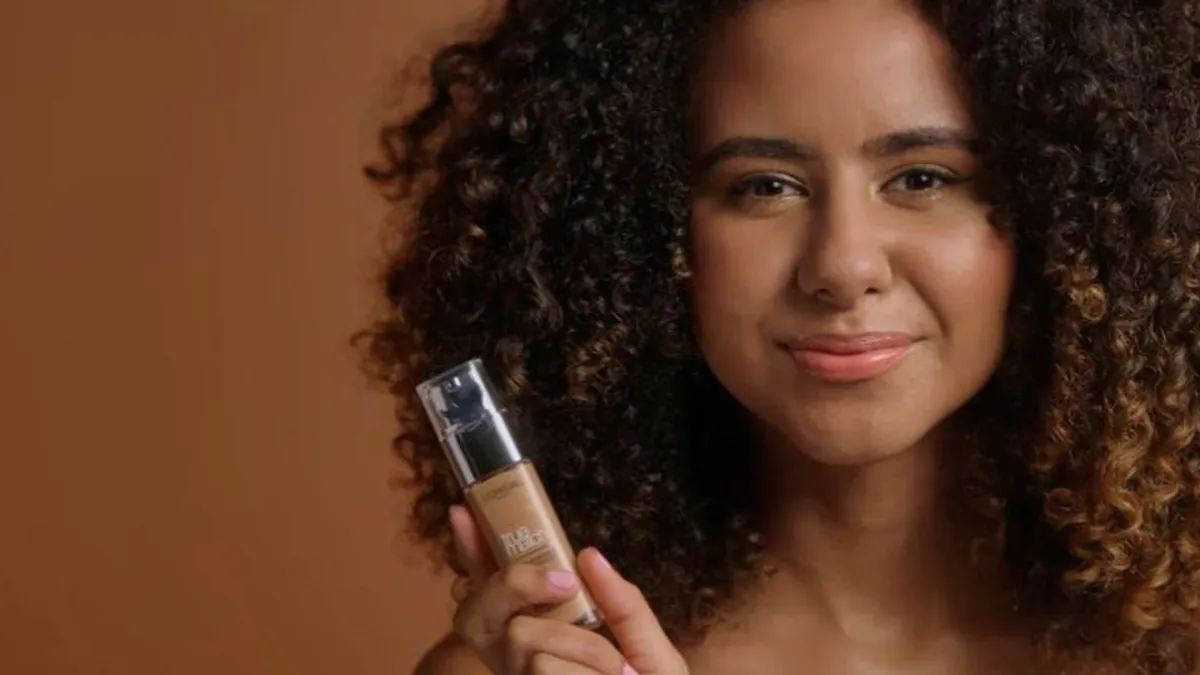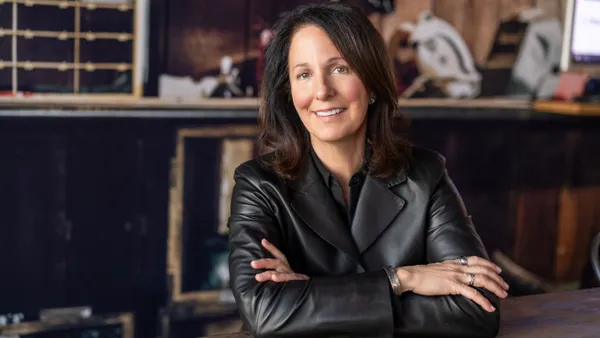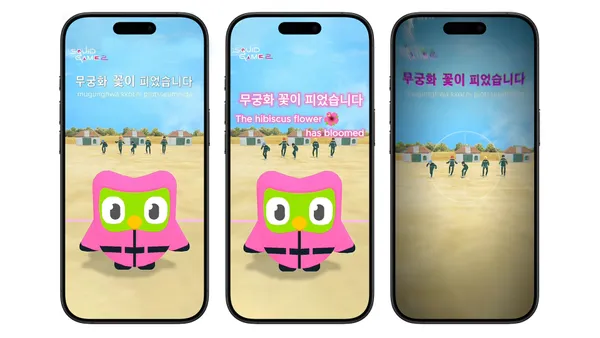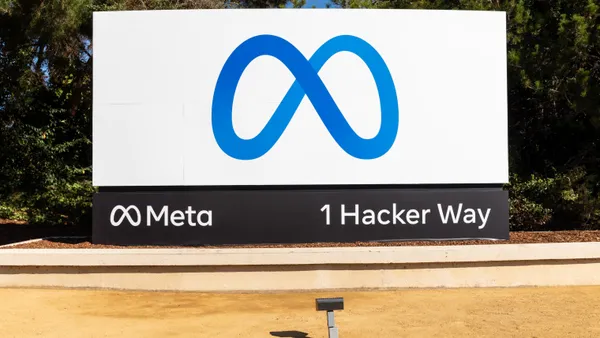Dive Brief:
- L’Oreal has entered the Facebook Messenger chatbot fray with an AI-driven gifting service targeting Canadians that guides consumers to the right beauty gifts for friends, according to a press release. The beauty conglomerate worked with Automat Technologies Inc. to develop the so-called Beauty Gifter.
- L’Oreal is diving headfirst into AI innovations with a new center of excellence for AI in Montreal. The company touts the center as enabling it to quickly jump on AI advancements from Automat and other AI leaders in the Montreal region.
- Whether its customized makeup, wearable electronic monitors or augmented reality apps, L’Oreal has proved willing to experiment with emerging technologies in attempts to anticipate and respond to evolving consumer demand. Its partnership with Automat and the center of excellence demonstrates L’Oreal aims to be an AI mover and shaker based on the belief machine learning and communication will be an important component of brands’ relationships with product purchasers going forward.
Dive Insight:
L’Oreal isn’t alone in unleashing beauty chatbots on Facebook Messenger. Estée Lauder and Madison Reed have programmed chatbots to ease foundation shopping and hair coloring, respectively. But L’Oreal’s commitment to the space, signified by its erecting a center of excellence dedicated to AI, is perhaps the most serious among the major beauty players. Of course, as the biggest beauty company in the world, it has money to spend on tech concepts that might not pan out.
Still in their infancy, chatbots are communication vehicles that have been criticized as ineffective and frustrating. It’s highly conceivable that pouring resources into improving them could help L’Oreal’s chatbots become the cream of the crop in the beauty business, possibly giving the company a huge advantage as it bids for customers conversing on messaging platforms. By testing out a chatbot initially in Canada, a relatively small market, the company can also perfect the gifting bot before it’s rolled out to a wider audience.
L’Oreal may have particularly strong incentives to triumph in the chatbot wars. If messaging platforms play increasingly significant roles in fueling digital sales, the company wants to be poised to capture those sales. E-commerce remains a minute portion of L’Oreal’s sales — at 6.8% for the first quarter of this year — and beauty sales overall (around 10%), but they’re undoubtedly rising and L’Oreal could benefit greatly from making digital shopping easy for customers using the platforms they're spending time on. In addition, nearly 40% of L’Oreal’s sales come from new markets, including Asia, Latin America, the Middle East and Africa, where mobile commerce has enormous potential.
It’s not hard to envision consumers there — and elsewhere — opening messenger apps on their phones to snap up L’Oreal’s affordable consumer goods, which constituted 48.1% of L’Oreal’s revenues last fiscal year. A properly programmed chatbot could certainly direct those consumers to the best products for them or their friends.












